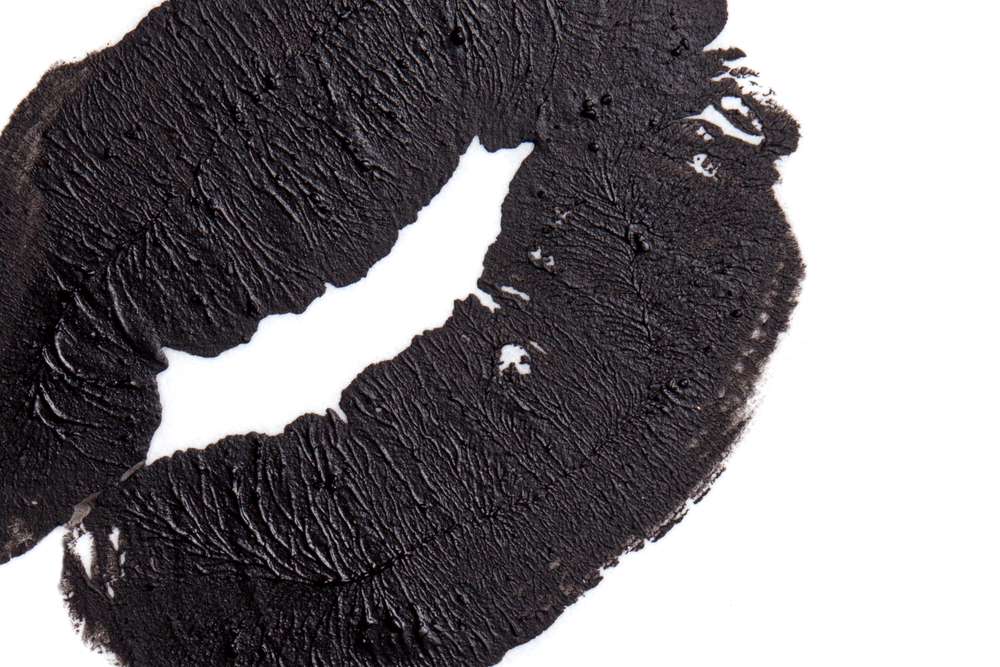Can Hyperfemininity Be Radical?

In late November of 2020, Rolling Stone published a controversial article on “Bimbo TikTok,” a nascent subculture that has found a home on the popular video sharing platform. Young twenty-something women are reclaiming the word bimbo, and as EJ Dickson puts it in the Rolling Stone article, they aim “to transform the bimbo into an all-inclusive, gender-neutral leftist icon.” These women, along with the handful of gay men and non-binary people who also embrace the aesthetic, signal their bimbo-ness through Barbie-pink clothing, glittery eyeshadow, and a willingness to appear ditzy.
So how is this revolutionary? Kate Muir, one of the young women interviewed by Dickson, explains that “you become everything men want visually whilst also being everything they hate (self aware, sexually empowered, politically conscious, etc.).” In other words, coupling a hyperfeminine (and as Dickson acknowledges, explicitly sexual) aesthetic with a radical political sensibility creates cognitive dissonance in viewers with a habit of objectifying women. There isn’t really a political manifesto for this nebulous movement, so Muir’s statement is about as close as you can get to a bimbo philosophy.
However, there are a few glaring problems with “reclaiming the bimbo” under the banner of progressive politics. The biggest is that while some women, like Muir, claim to be anti-consumerist, it isn’t really possible to reject consumerism and be hyperfeminine at the same time. Name-brand clothing, makeup, and hair products don’t appear out of thin air; they require a significant investment of both time and money.
Furthermore, the idea that women can fight misogyny by performing hyperfemininity is problematic in itself. Griffin Maxwell Brooks, an engineering student at Princeton and another person Dickson interviewed, said that “The modern bimbo aesthetic is more about a state of mind and embracing, ‘I want to dress however I want and look hot and not cater to your expectations.” Bodily autonomy is a deeply important feminist issue, but when we stop interrogating why we choose to look a certain way, it becomes hollow as an analytical framework. In other words, women should be allowed to dress however they want, but that doesn’t mean we shouldn’t ask what cultural forces shape our desires. In a society where women are still expected to perform femininity, how is leaning into femininity not catering to men’s expectations? Why is the bimbo’s version of “hot” revolutionary, despite the fact that it’s just what straight men find attractive? All women, regardless of how they present, suffer from misogyny in one way or another, but it’s ludicrous to propose that women who are conventionally attractive and do buy into hyperfemininity are more maligned than the women who refuse to play ball.
To be clear, the problem isn’t that women are dressing provocatively and wearing fake eyelashes. The problem is that an inherently consumerist aesthetic is being reframed as politically radical. For years, make-up companies have used feminism to sell their products, equating personal expression with the freedom to buy lipstick. But now, companies no longer have to spend millions on market research and insidious campaigns; consumers are doing the work for them. It has become almost impossible to escape consumerism, so young people with radical impulses can only direct their energy into an empty aesthetic, into products rather than activism.
Furthermore, these young women are putting time and money into an aesthetic that remains rooted in deeply misogynistic views about women’s intellectual capacity. Is the bimbo really the best figure to reclaim in the name of sexual liberation? A more truly radical action would be to expand our collective imagination beyond tired and harmful stereotypes, to imagine a new way to be free without the help of old templates.
There is a fun element of campiness to the bimbo aesthetic, and it might have the potential to become a sophisticated parody of misogynistic expectations. Glittery makeup is harmless, but it’s a waste of time to frame wearing it as a political statement. The fact that we feel the need to reframe blatant consumerism as radical is, in itself, deeply troubling.




